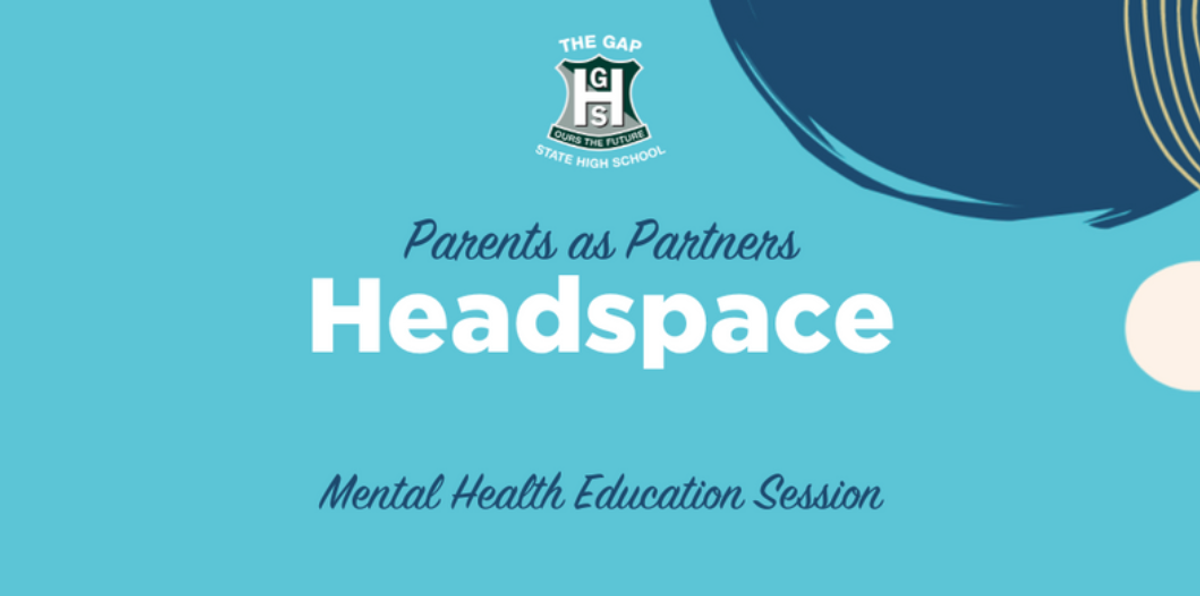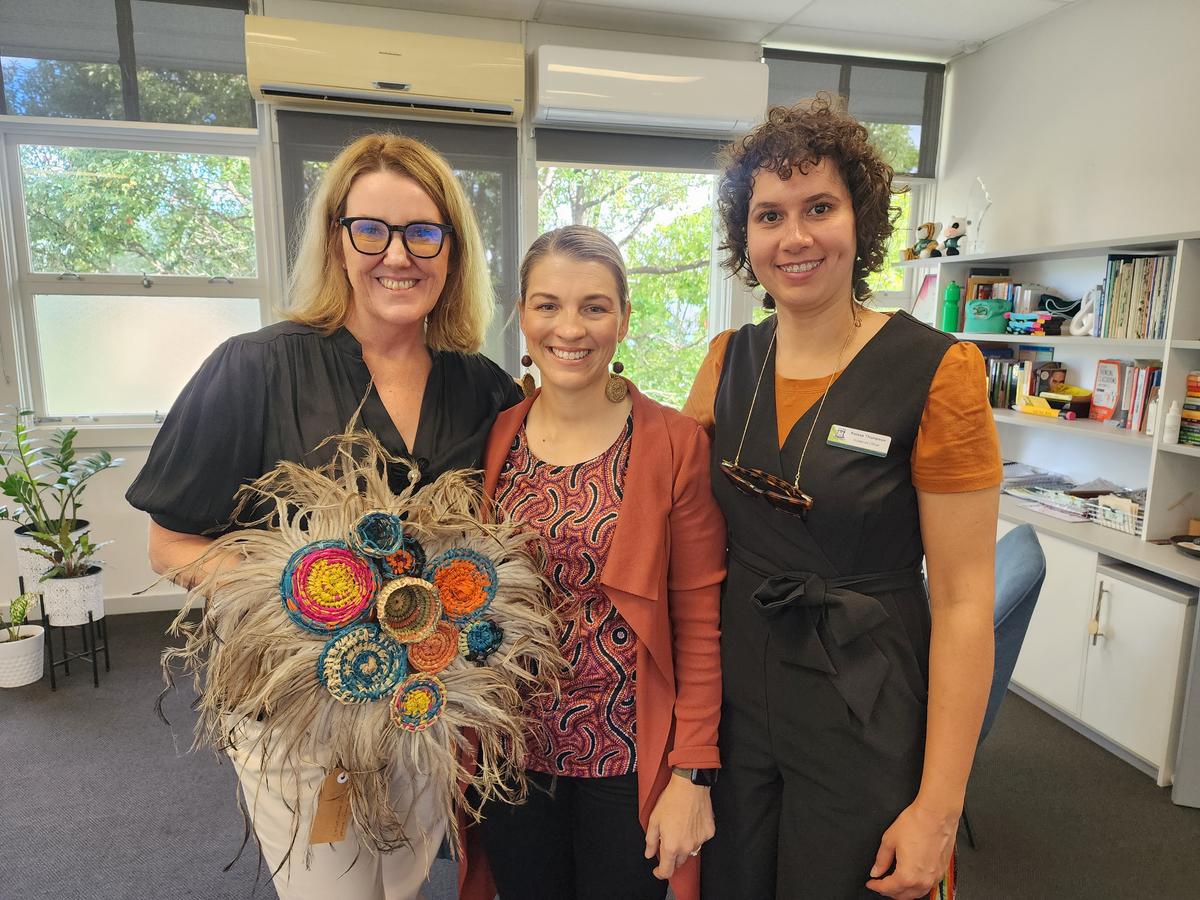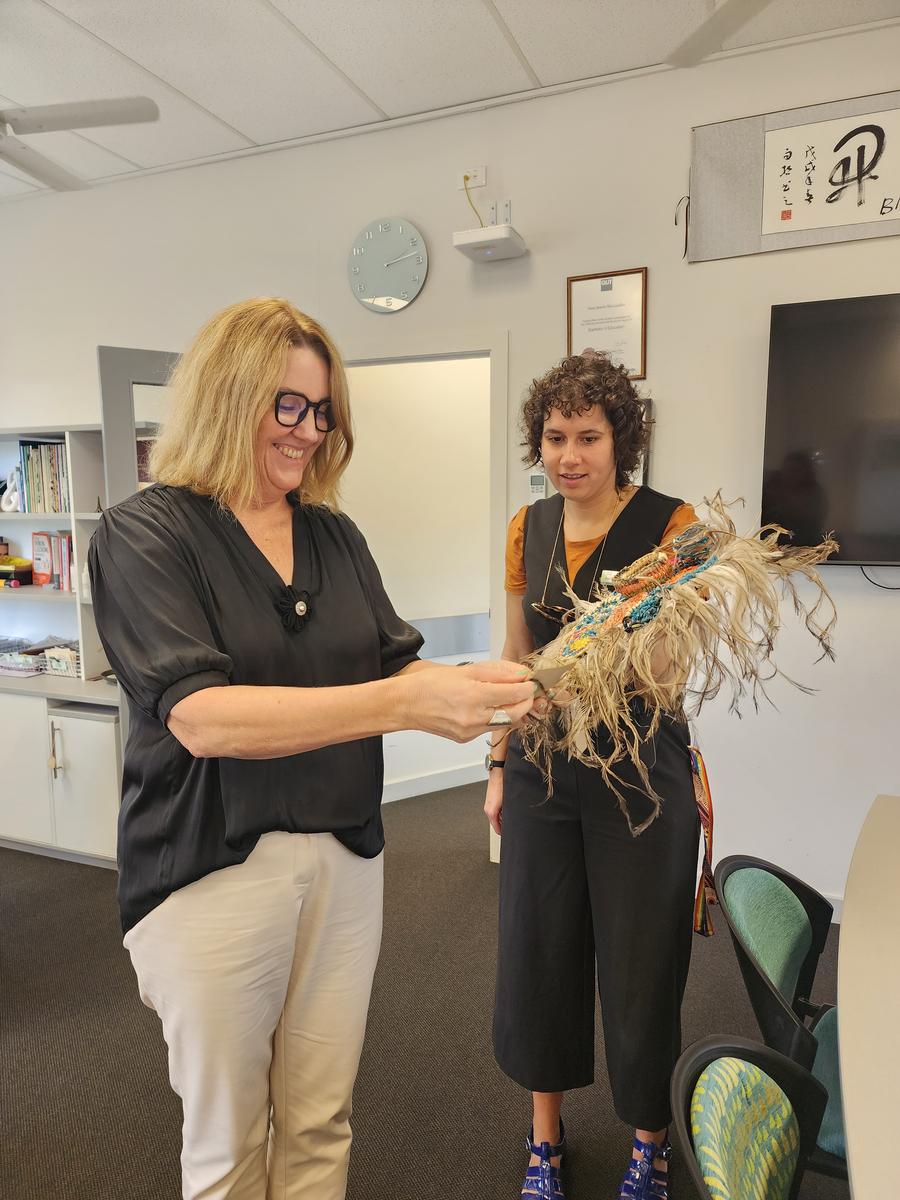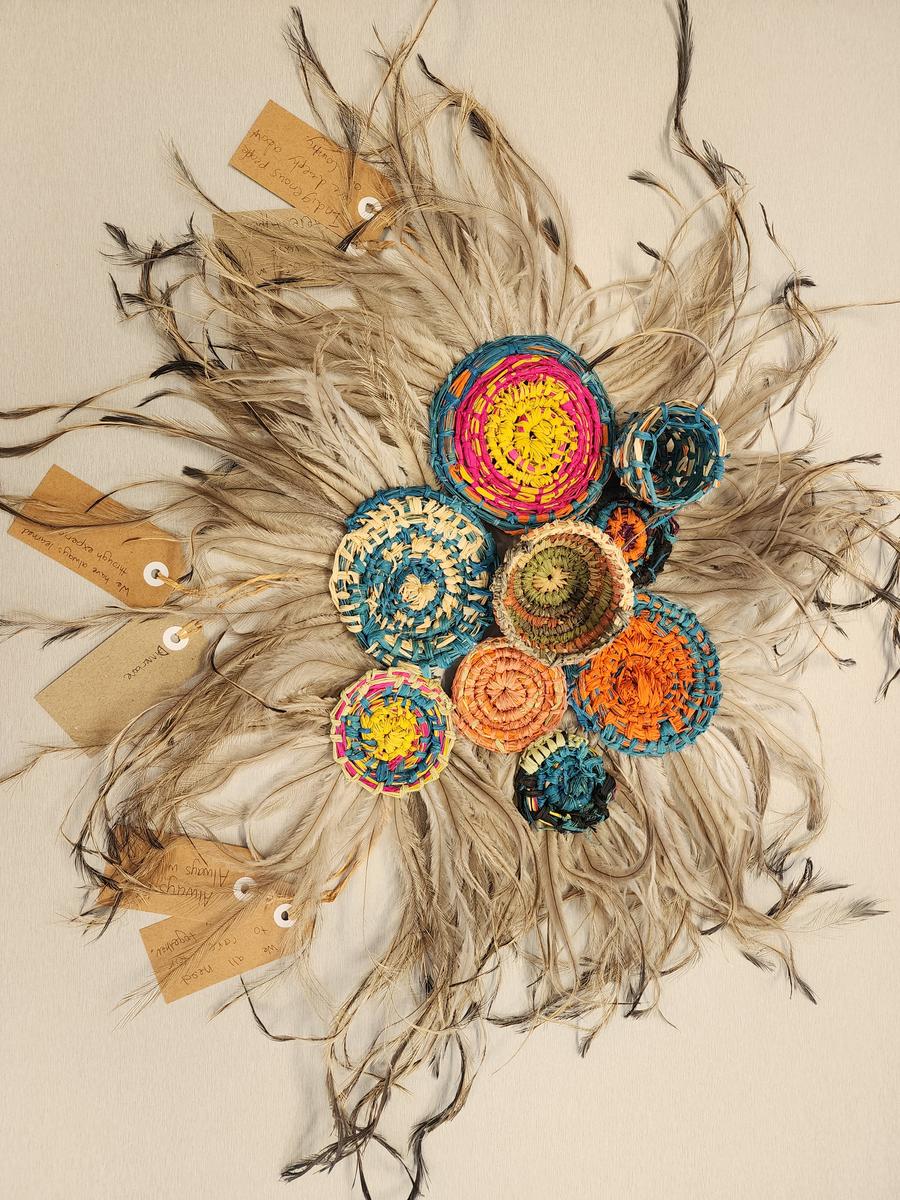Deputy Principal
Ms Carolyn Speers - Deputy Principal Year 12

Deputy Principal
Ms Carolyn Speers - Deputy Principal Year 12
Tuesday 21 May
21 May marks World Day for Cultural Diversity and Dialogue and Development and is a reminder to continually engage with diverse cultures and celebrate your community, fostering inclusion and wellbeing all year round. As a community we are privileged to have 48 different cultures represented in our school context adding richness to our community.


Headspace Schools and Communities would like to invite you to attend a Mental Health Education session for Parents and Carers of The Gap State High School.
Date: Tuesday 28 May 2024
Time: 7:00 pm
Location: Via Zoom - https://headspace.zoom.us/j/99113771773?pwd=Yk9ZK1ZzTUdKWmljOWprK0Y2M0MxZz09&from=addon
This interactive session will cover:
Please note: These sessions are not suitable for young people to attend.
For more information contact Carla Sampaio at csamp29@eq.edu.au
Monday 27 May to Monday 3 June
The National Reconciliation Week theme for 2024 is 'Now More than Ever' is a reminder to all of us that no matter what, the fight for justice and the rights of First Nations people and must continue.
We commenced the launch of our Reconciliation Action Plan, by running a workshop with artist, Tammy Baart (proud Boorooberongal Dharug woman and international Indigenous Relations Consultant- Blak Ignited), our First Nations students and parents. It was great to see involvement from students, staff and parents throughout the day to collaborate on an art piece (see below). A big thank you to those who participated in the event!






Initiating conversations about respectful relationships with children is crucial for their emotional and social development. By addressing topics like kindness, empathy, and communication, parents create a foundation for healthy interactions. These discussions promote awareness of boundaries, consent, and mutual understanding, fostering a safe environment where children can thrive. Teaching respect from an early age equips kids with essential skills to navigate friendships and romantic relationships, building a future based on empathy and equality. Open dialogues about respect empower children to recognise and value their own feelings and those of others, cultivating a positive and harmonious approach to all relationships.
See SchoolTV for further information and vignettes from Dr Michael Carr-Gregg, Sue Roffey and Melinda Tankard-Reist, Richie Hardcore and Derek Mccormack
Mindset is critical when approaching situations, bouncing back and modelling mental toughness.
As Walt Whitman said – Be Curious Not Judgemental.
Modelling these questions at home with your young people helps to provide alternative and deeper thinking and ways to overcome challenges when things get tough.
Examples:
As we are now mid-way through the term it is important to consider the impact good quality sleep has on our health. It optimises learning, memory and concentration, supports our emotional health and wellbeing, promotes positive behaviour and decision making and improves energy levels and promotes healthy growth, metabolism and immune system
A guide to hours of sleep/ night:
What should students(and adults) do in the evening?
Try to go to bed at the same time each night. The body has an internal clock and hormones that control sleepiness and wakefulness. This clock works best if there is a regular sleep routine. When working well, you will feel sleepy at bed time. Try not to ignore this by staying up, as this is a window of opportunity for sleep. Going to bed too early can also disturb your sleep. In the hour before going to bed, it is important to have a relaxing sleep routine. Although this will vary from person to person, some things that you may find relaxing include having a warm bath, reading quietly or a warm milk drink. Going to the toilet is important to avoid having to get up in the night. It is also recommended to turn off all screens (e.g., computers, smartphones) 1-2 hours prior to bed, and if possible, not have them in the bedroom.
Students have also participated in the Queensland Engagement and Wellbeing Survey. The Survey collected responses on topics such as resilience, school climate, relationships (peers, teachers, home), sense of belonging, motivation and perseverance, academic self-concept, personal social capabilities, future outlook and aspirations, general life satisfaction and general health. We look forward to the responses so we can target supports/interventions if required.
Term 2 Week 10
NAIDOC week celebrates the history, culture and achievements of Aboriginal and Torres Strait Islander people. It is celebrated by all Australians and is a great opportunity to recognise and learn more about the history and culture of indigenous communities. NAIDOC stands for National Aborigines and Islanders Day Observance Committee. Its origins can be traced back to the Aboriginal rights movement, when on Australia Day 1938, protestors marched through the streets of Sydney to highlight the status and treatment of Aboriginal and Torres Strait Islander Australians. Today, it is a week-long celebration held in July that consists of range of traditional and contemporary activities.NAIDOC Week is an important event that helps build positive relationships between Aboriginal and non-Aboriginal people. It enables a deeper understanding of our differences and similarities. NAIDOC week is an opportunity for all Australians to eliminate bias and discrimination by reflecting and reconciling the wrongs of the past to facilitate hope and build a fairer future. Families are encouraged to join in and support young people in learning the significance of NAIDOC Week.This Special Report offers suggestions on how families can celebrate NAIDOC Week together. We hope you take a moment to reflect on the information offered, and as always, we welcome your feedback. If this raises any concerns for you, a loved one or the wellbeing of your child, please seek medical or professional help.Here is the link to your special report.